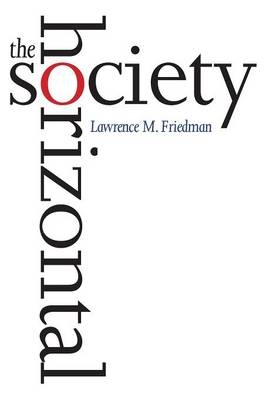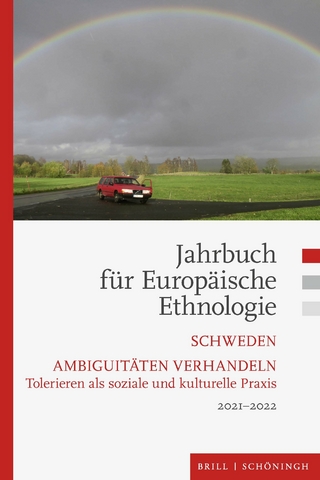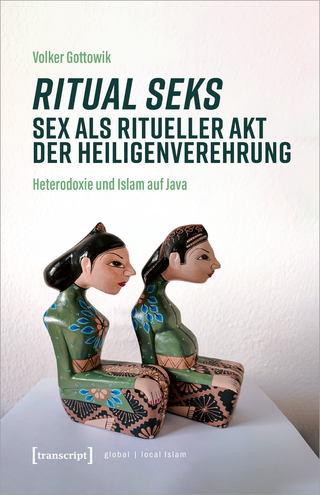
The Horizontal Society
Seiten
2014
Yale University Press (Verlag)
978-0-300-20899-3 (ISBN)
Yale University Press (Verlag)
978-0-300-20899-3 (ISBN)
- Titel z.Zt. nicht lieferbar
- Versandkostenfrei innerhalb Deutschlands
- Auch auf Rechnung
- Verfügbarkeit in der Filiale vor Ort prüfen
- Artikel merken
Modern technology has radically and irretrievably altered our sense of identity and hence our social, political, and legal life, argues Lawrence M. Friedman in this bold new book. In traditional societies, he explains, relationships and identities were strongly vertical: there was a clear line of authority from top to bottom, and identity was fixed by one’s birth or social position. But in modern society, identity and authority have become much more horizontal: people feel freer to choose who they are and to form relationships on a plane of equality.
Friedman examines how modern life centers on human identity seen in terms of race, gender, ethnicity, and religion, and how this new way of defining oneself affects politics, social structure, and the law. Our horizontal society, he says, is the product of the mass media—in particular, television—which break down the isolation of traditional life and allow individuals to connect with like-minded others across barriers of space and time. As horizontal groups blossom, loyalties and allegiances to smaller groups fragment what seemed to be the unity of the larger nation. In addition, the media’s ability to spread a global mass culture causes a breakdown of cultural isolation that leads to more immigration and heavy pressure on the laws and institutions of citizenship and immigration.
Friedman examines how modern life centers on human identity seen in terms of race, gender, ethnicity, and religion, and how this new way of defining oneself affects politics, social structure, and the law. Our horizontal society, he says, is the product of the mass media—in particular, television—which break down the isolation of traditional life and allow individuals to connect with like-minded others across barriers of space and time. As horizontal groups blossom, loyalties and allegiances to smaller groups fragment what seemed to be the unity of the larger nation. In addition, the media’s ability to spread a global mass culture causes a breakdown of cultural isolation that leads to more immigration and heavy pressure on the laws and institutions of citizenship and immigration.
Lawrence M. Friedman is Marion Rice Kirkwood Professor of Law at Stanford University Law School. He is the author or editor of more than twenty books and has written extensively on American legal history and the relationship of law and society.
| Erscheint lt. Verlag | 25.7.2014 |
|---|---|
| Sprache | englisch |
| Maße | 156 x 235 mm |
| Gewicht | 454 g |
| Themenwelt | Naturwissenschaften |
| Sozialwissenschaften ► Ethnologie ► Völkerkunde (Naturvölker) | |
| Sozialwissenschaften ► Kommunikation / Medien | |
| Sozialwissenschaften ► Soziologie ► Makrosoziologie | |
| ISBN-10 | 0-300-20899-5 / 0300208995 |
| ISBN-13 | 978-0-300-20899-3 / 9780300208993 |
| Zustand | Neuware |
| Haben Sie eine Frage zum Produkt? |
Mehr entdecken
aus dem Bereich
aus dem Bereich
Schweden : Ambiguitäten verhandeln - Tolerieren als soziale und …
Buch | Softcover (2023)
Brill Schöningh (Verlag)
49,90 €
Buch | Softcover (2023)
transcript (Verlag)
54,00 €


